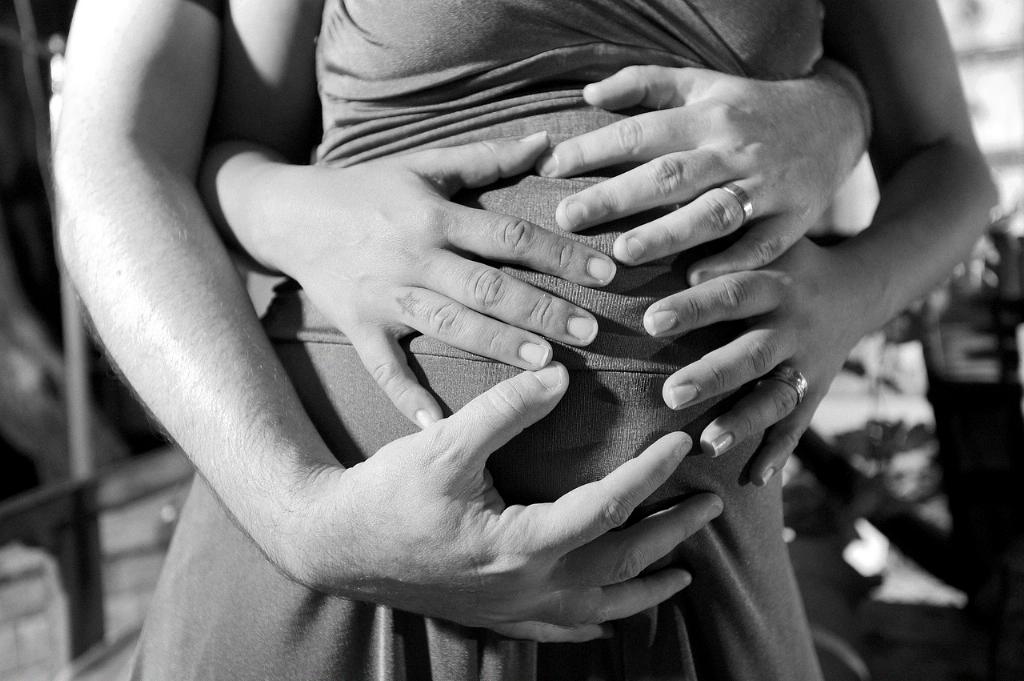When it comes to monitoring blood sugar levels and assessing for potential gestational diabetes, healthcare providers often recommend the 3 Hour Glucose Test. This test plays a crucial role in identifying any underlying issues that may affect both the mother and the baby during pregnancy.
Can Drinking Water Impact the Test Results?
One common question that arises is whether consuming water during the 3 Hour Glucose Test can interfere with the accuracy of the results. It is essential to note that drinking water is typically allowed during the test to keep you hydrated, but other beverages, including diet or sugar-free options, should be avoided.
The Role of Water in the Testing Process
Water itself does not contain sugars that would significantly impact the test results. In fact, staying hydrated can help ensure that the test progresses smoothly, allowing for accurate measurements of blood sugar levels over the designated time period.
Understanding the Time Frame of the Test
The 3 Hour Glucose Test may require up to 4 hours to complete, including the time needed for fasting and the multiple blood draws that occur at specific intervals. It is crucial to follow the healthcare provider’s instructions closely to obtain reliable results.
Minimizing External Factors for Precise Results
During the test, it is essential to limit activities that could potentially interfere with the accuracy of the results. This includes remaining within the medical facility for the duration of the test to ensure that external factors do not influence blood sugar levels.
Hydration Guidelines During the Test
While plain water is generally permitted during the 3 Hour Glucose Test, it is crucial to adhere to specific guidelines provided by your healthcare provider. Maintaining proper hydration levels without introducing additional sugars is key to obtaining reliable test results.
Consulting Your Healthcare Provider for Clarity
If you have any concerns about whether water consumption could impact your 3 Hour Glucose Test results, it is advisable to consult with your healthcare provider. They can offer personalized guidance based on your individual health needs.
Ensuring Accurate Test Results
To ensure the most accurate results from your 3 Hour Glucose Test, it is essential to follow the preparation instructions provided by your healthcare provider diligently. This includes following any fasting requirements and adhering to guidelines regarding hydration during the test.
Importance of Compliance for Gestational Diabetes Management
For individuals undergoing the 3 Hour Glucose Test to screen for gestational diabetes, compliance with the testing process is critical for effective management of the condition. By following the test protocols accurately, healthcare providers can make informed decisions regarding your healthcare.
Empowering Yourself Through Knowledge
Understanding the role of water consumption during the 3 Hour Glucose Test empowers you to take an active role in managing your health during pregnancy. By staying informed and following your healthcare provider’s recommendations, you contribute to a smooth testing process.
Final Thoughts on Water and the 3 Hour Glucose Test
While drinking water during the 3 Hour Glucose Test is generally permissible, it is crucial to prioritize plain water and avoid other beverages that could impact the test results. By maintaining proper hydration and adhering to testing guidelines, you can support the accuracy of the results.
Conclusion
In conclusion, water consumption during the 3 Hour Glucose Test is typically allowed to support hydration throughout the testing process. By following the specific guidelines provided by your healthcare provider and staying informed about the testing procedures, you can contribute to obtaining reliable results for gestational diabetes screening.

